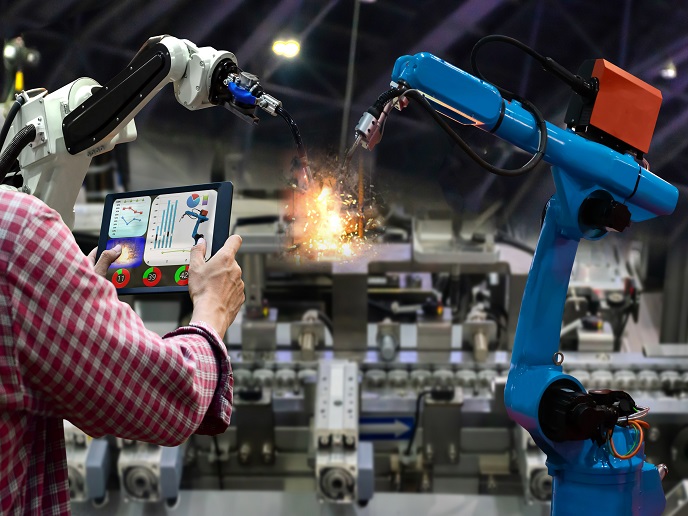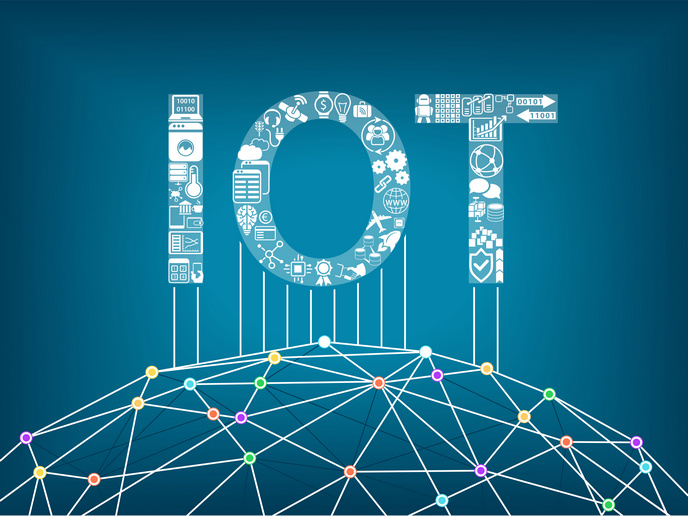Living labs increase environmental engagement
Meeting the goals of the European Green Deal requires the active participation of citizens. The EU-funded I-CHANGE project uses a suite of data collection tools and a multidisciplinary approach to engage public participation and raise awareness about climate change.
Facing environmental challenges in living labs
I-CHANGE operates through living labs located in Amsterdam, Barcelona, Bologna, Dublin, Genoa, Hasselt, Jerusalem and Ouagadougou in West Africa. The project focuses on citizens and all of the living labs incorporate a quadruple helix framework, connecting stakeholders in government, industry, academia and civil society. Extreme weather, air pollution, traffic patterns and waste management are among the concerns explored in the living labs. In Amsterdam, citizens contributed by collecting home temperature data to inform policy decisions on building design. In Bologna, I-CHANGE focused on air quality, energy efficiency of buildings and sustainable transport, while also addressing urban biodiversity protection. In Dublin, one of the most congested cities in Europe, I-CHANGE collaborated with schools to gather data on traffic patterns at drop-off and pick-up times. In the city of Ouagadougou in Burkina Faso, participants focused on how heavy rainfall impacts flooding and waste management.
Technology for the citizen scientist
Technology plays a critical role in enabling citizens to engage in meaningful science. According to project coordinator Antonio Parodi: “Among the most important tools used by the living lab pilots are the MeteoTracker, the Smart Citizen Kit and photographs taken by digital cameras.” More than 100 MeteoTrackers and 50 Smart Citizen Kits were used in the I-CHANGE living labs, and more than 1 000 climate change-related photos were collected by citizen scientists. The MeteoTracker is a mini weather station designed to capture data from moving vehicles. Its components include a mobile app, a web platform and a map that allows users to visualise data. The Smart Citizen Kit is a modular hardware set that provides tools for environmental monitoring. The kits collect data on multiple metrics including humidity, temperature, noise and light levels. One of the most powerful tools is the digital camera. Parodi says: “Photography has become the means of communication to involve citizens and promote active participation on the issues of climate change, sustainable development and environmental protection.” A digital camera allows an amateur photographer to become a citizen scientist, and national photo competitions and other activities generate interest and raise public awareness about climate change. Elena Tramelli, director of two schools in Genoa involved in I-CHANGE, sees the role played by the project as essential to meeting modern educational needs. Tramelli says: “Schools need educational alliances with experts who put themselves at the service of emerging needs. What qualifies the project in an extraordinary way is the synergy that it manages to produce. I-CHANGE produces a virtuous circle of reciprocal exchange between all the parties involved.”
Building up platforms, dashboards and apps
Technology in the hands of citizen scientists is important, but so too is the software that enables stakeholders to access the data gathered. Among the project’s achievements is improvement to the usability and interoperability of the Environmental Impact Hub, a platform that collects and makes available a wide range of data. Moving forward, the project hopes to see greater adoption of the I-CHANGE dashboard and the Challenge Yeti app. Parodi notes: “The I-CHANGE dashboard is designed to supply tools to raise awareness, engage and empower citizens, and trigger behavioural change towards more environmentally aware and climate adapted lifestyles.” The Challenge Yeti app tracks an individual’s carbon footprint and encourages behavioural change through built-in reward mechanisms and gamification. With the application of technology, citizen scientists can provide important data to guide policies. Even more importantly, the work of the living labs has the potential to raise awareness and change behaviour. By putting data-gathering devices in the hands of citizens, I-CHANGE empowers them to drive meaningful change.
Keywords
I-CHANGE, living labs, citizen scientist, MeteoTracker, Smart Citizen Kit, Challenge Yeti, Environmental Impact Hub, environmental engagement, digital photography







